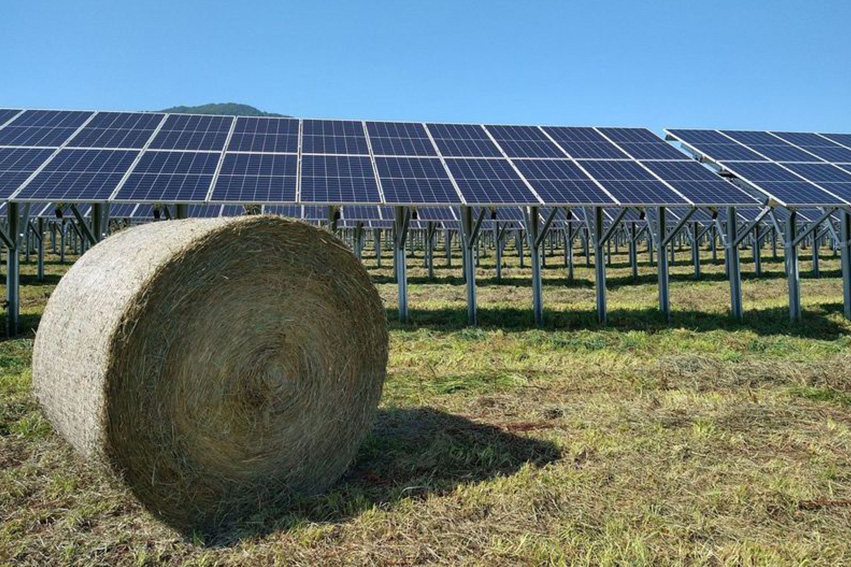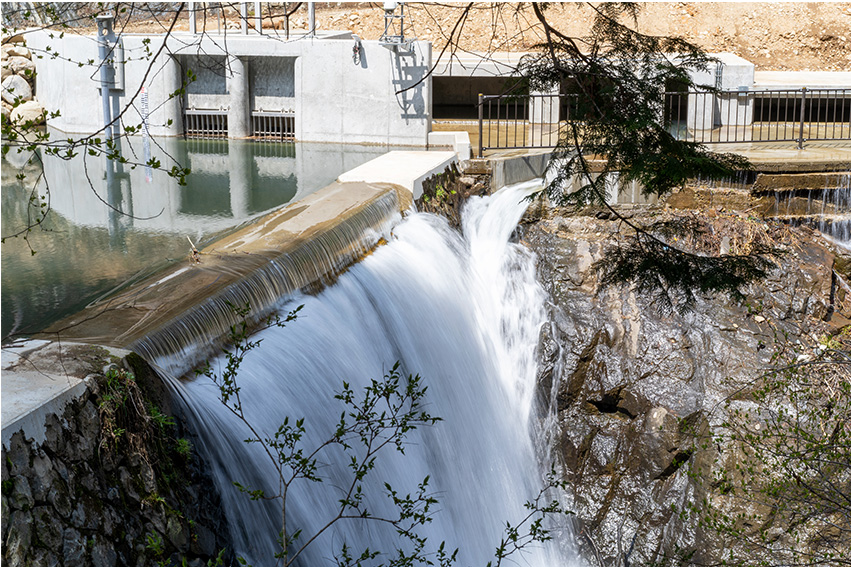

GPSS, founded by a visionary with a global perspective, pioneers energy solutions and fosters harmonious collaboration with local communities, emphasizing sustainability and diverse cultural integration.

It is fair to say that Masaaki Mezaki, CEO of GPSS Group, has led an interesting life. Eager to establish his own company, his professional career began at Merrill Lynch, where, in his own words, he “witnessed how the world economy works.”
He soon became disillusioned, however. “Banking,” he says, “is about expanding your own interests at the expense of other people’s.” After an extensive period of traveling, a time that pushed him “to think about the real purpose of our lives and society”, he returned to Japan and moved into the energy business.
Working in the energy sector, Mr. Mezaki believes, enabled him to resolve the conflict of interest he had experienced in investment banking. “As we expand, we make money,” he explains, “but our expansion is also good for society, making it a win-win situation.” Material gain, in other words, accompanied by an increase in spiritual wealth.
Business-wise, of course, moving into energy has proved a shrewd move. As well as well-documented challenges such as an aging population and shrinking domestic labor market, Japan, as Mr. Mezaki sees it, is also beset by other issues. These include, but are not limited to, “a reliance on imports, a lack of natural resources” and the “high cost of energy.”
Though renewable energy has its detractors, it offers a clear solution to the problems mentioned above. GPSS Holdings deals in five different types of renewable energy: solar and wind as variable energy, and geothermal, hydro and biogas as baseload energy.
Mr. Mezaki praises geothermal for its stability, and is also keen to point out that it needn’t have a detrimental effect on communities. “There is a misconception,” he says, “that when you use geothermal power, you deplete the resources of the hot spring, but that simply isn’t true.” Indeed, in places like Beppu, geothermal plants and hot springs co-exist happily alongside one another.

Mr. Mezaki again: “Sometimes when people start a project, they go to local communities and lease or buy properties as cheaply as possible in order to maximize profits. We, on the other hand, establish joint ventures with local communities so that they can become stakeholders themselves.”
A case in point is a recent partnership project in Gunma Prefecture, where GPSS has renovated an old power plant to generate hydropower using water flow from the Sukawagawa River, a move which has enabled the local community to have clean and easy access to the irrigation water. “The project,” Mr. Mezaki confirms, “is also contributing to the maintenance and development of regional agriculture through the benefit returned to the local community.”
Looking to the future, Mr. Mezaki is hoping to make a difference in isolated island nations such as Sri Lanka, where inhabitants face similar issues to those present in Japan.
Equally important, with a recently launched Taiwanese subsidiary and partners in 11 foreign countries, is the promotion of a culture that is creative, open and internationally-minded.
“To me,” Mr. Mezaki confirms, “having a tolerant culture is vital, and this in turn promotes diversity. I’ve always pushed for a more international mindset, and we now have 26 different nationalities working for GPSS, making it possible for our employees to act as a bridge to local communities.”
Internationalism, that is, as a means of fostering communication and co-development on a global scale.
0 COMMENTS